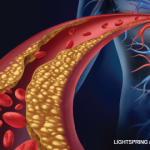Through much of the 20th century, dedicated rheumatic disease units were found in hospitals across the U.S. and countries around the world. In the latter part of the century, this began to change, with hospitals moving toward the consult model of care for rheumatic patients. This change reflects larger shifts in the medical world toward…






